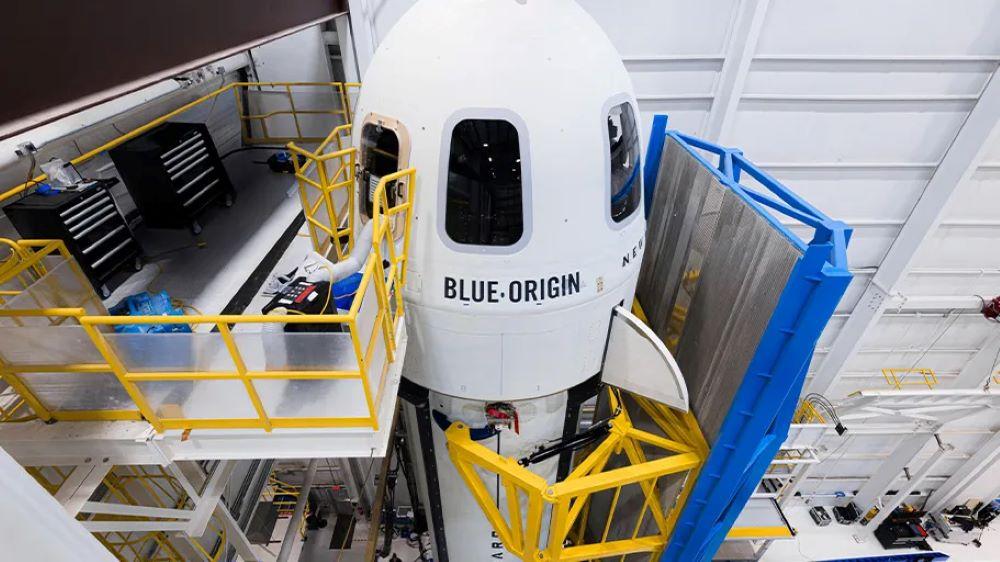
Credit: Blue Origin
After an initial 3-hr. delay and three countdown holds, Blue Origin scrubbed plans for an Oct. 7 uncrewed first suborbital launch of its second human-rated New Shepard rocket with its previously unflown RSS Karman Line crew capsule from the company’s Launch Site One near Van Horn in East Texas...
Subscription Required
Blue Origin Scrubs New Shepard Launch is published in Aerospace Daily & Defense Report, an Aviation Week Intelligence Network (AWIN) Market Briefing and is included with your AWIN membership.
Already a member of AWIN or subscribe to Aerospace Daily & Defense Report through your company? Login with your existing email and password.
Not a member? Learn how you can access the market intelligence and data you need to stay abreast of what's happening in the aerospace and defense community.





